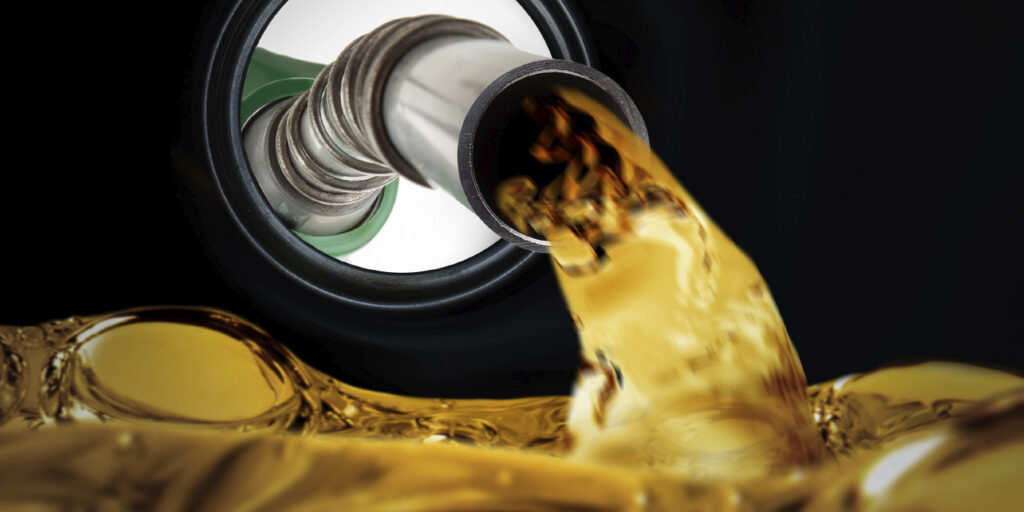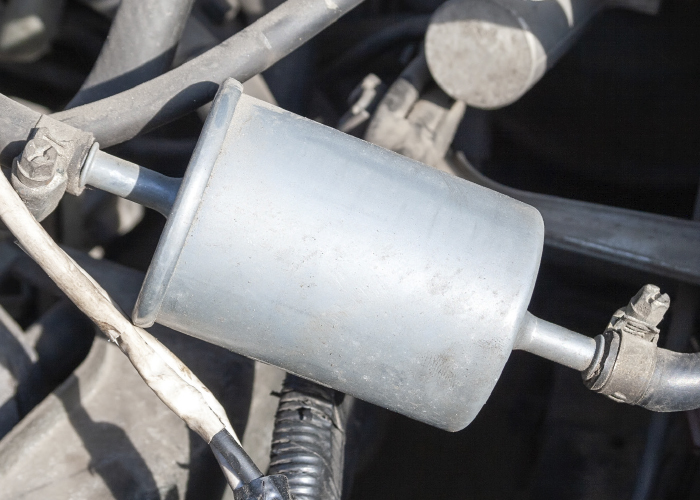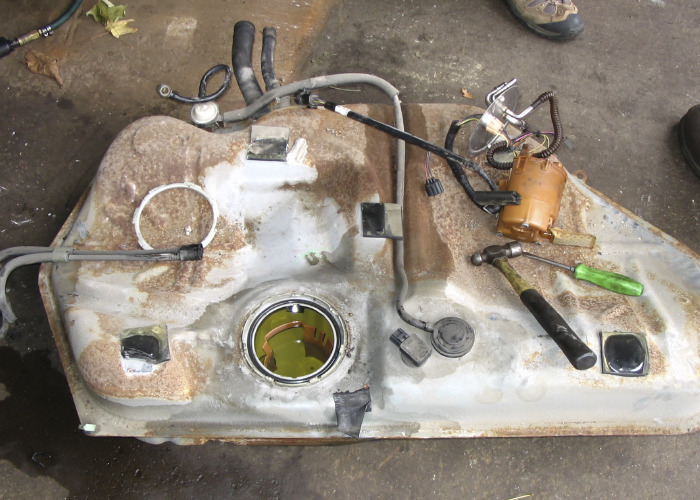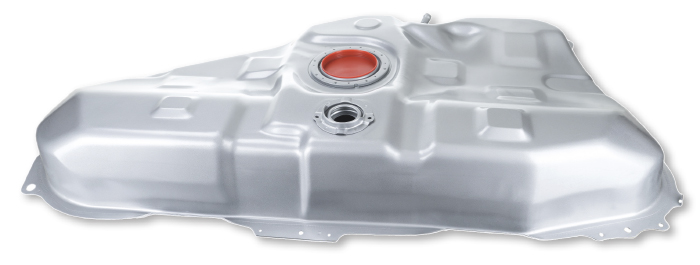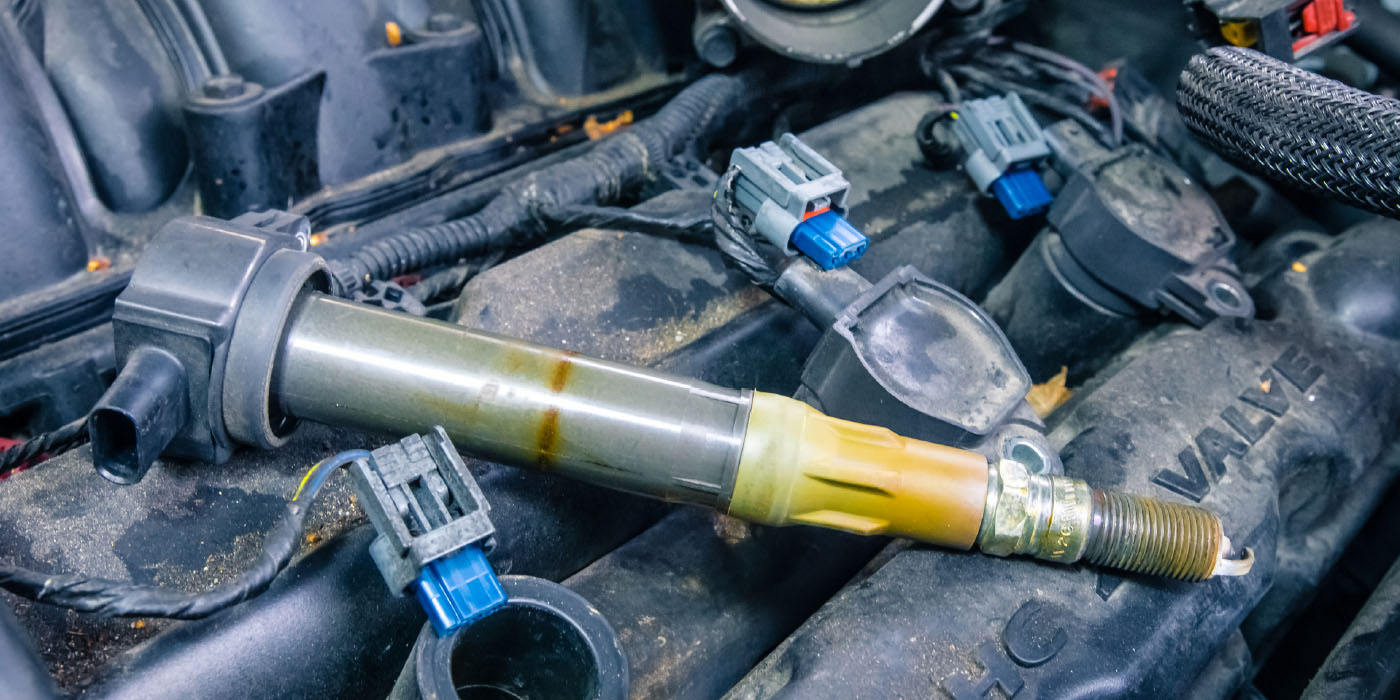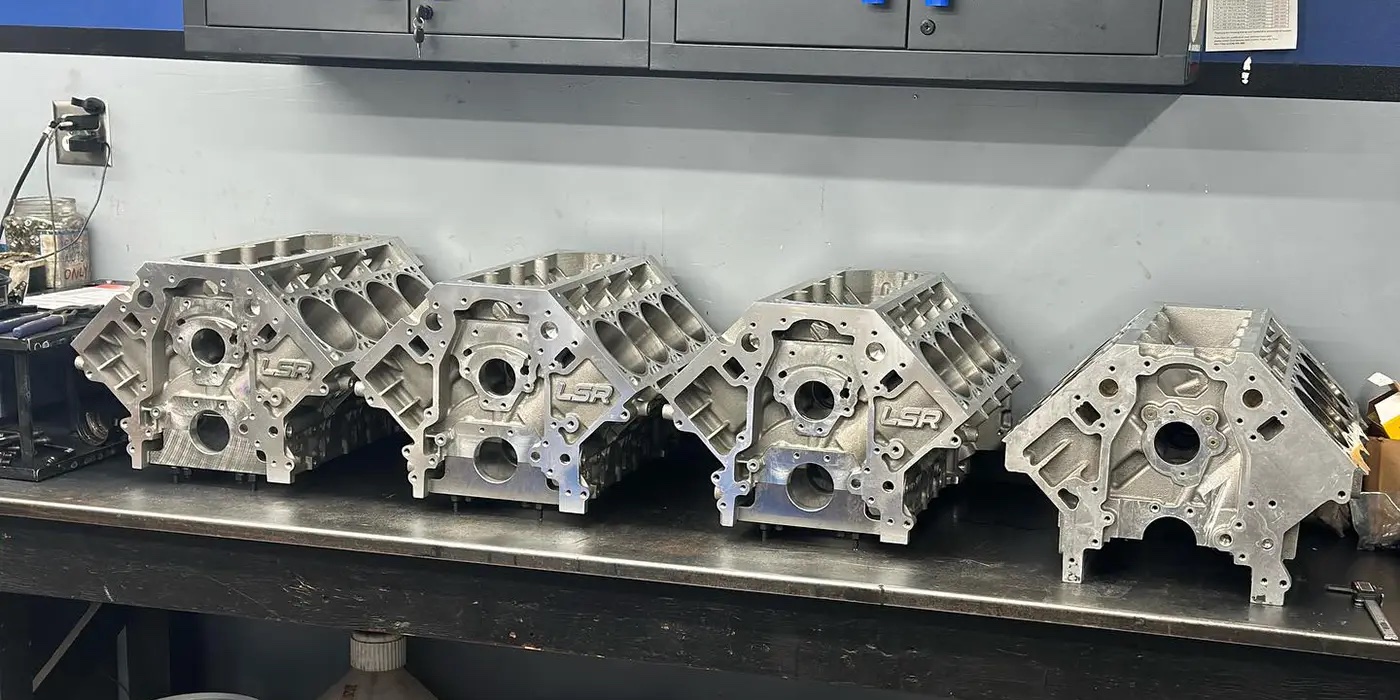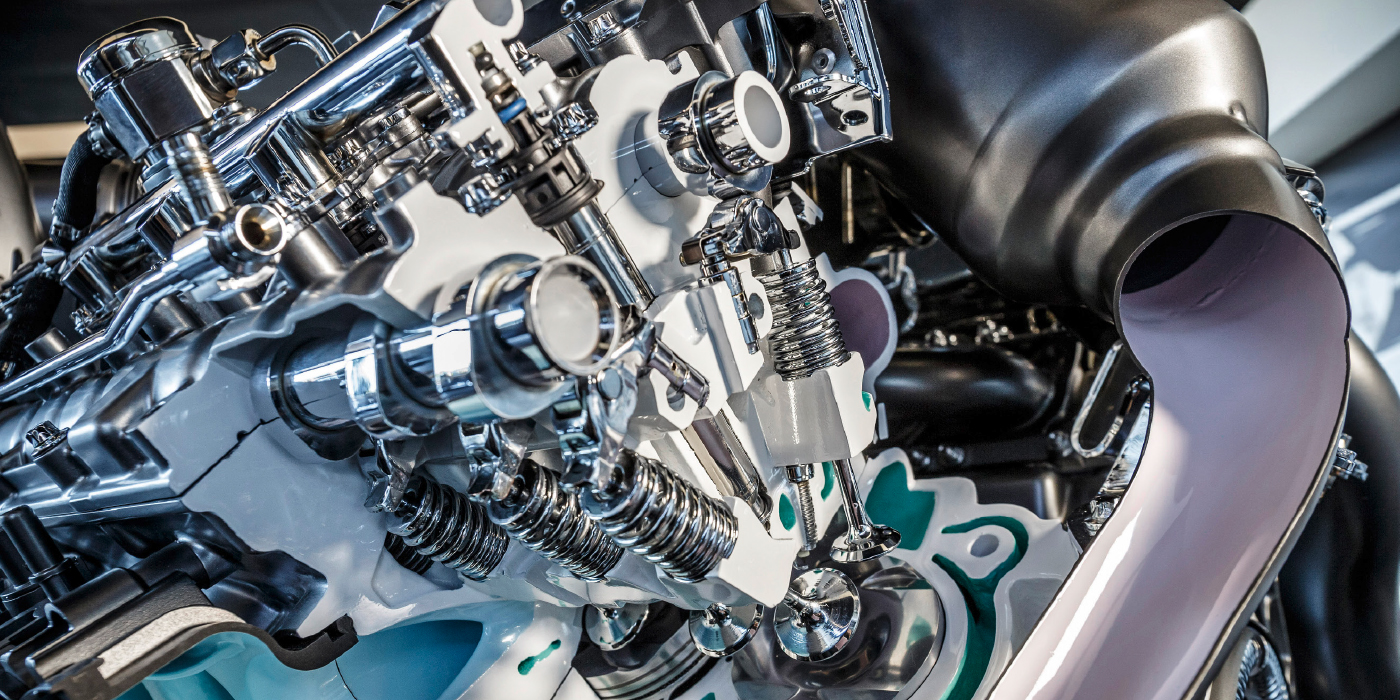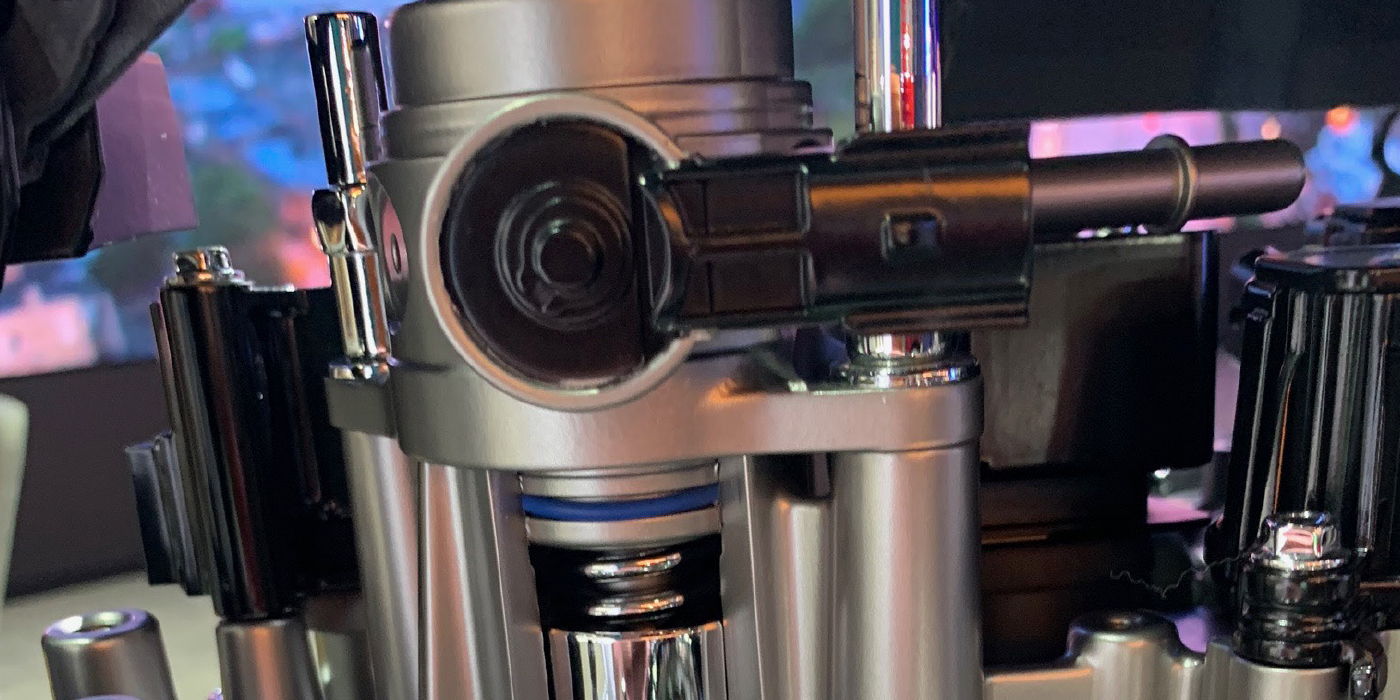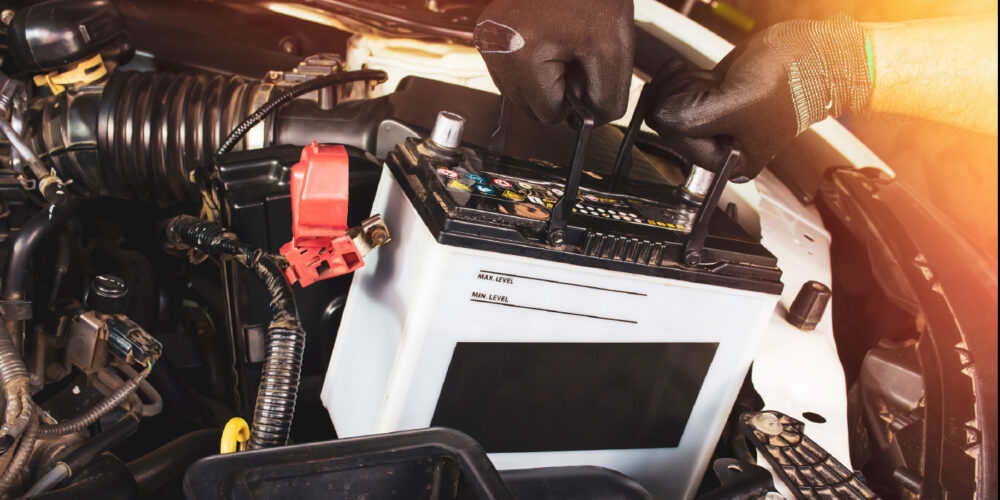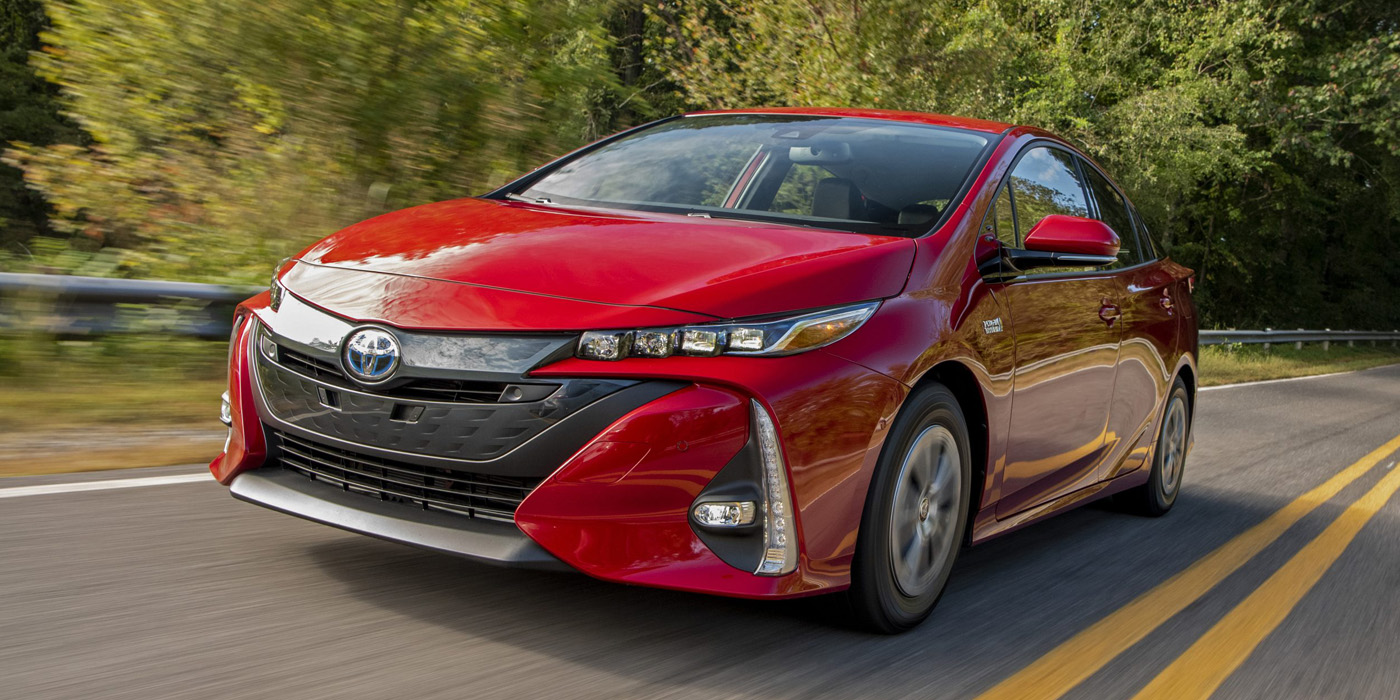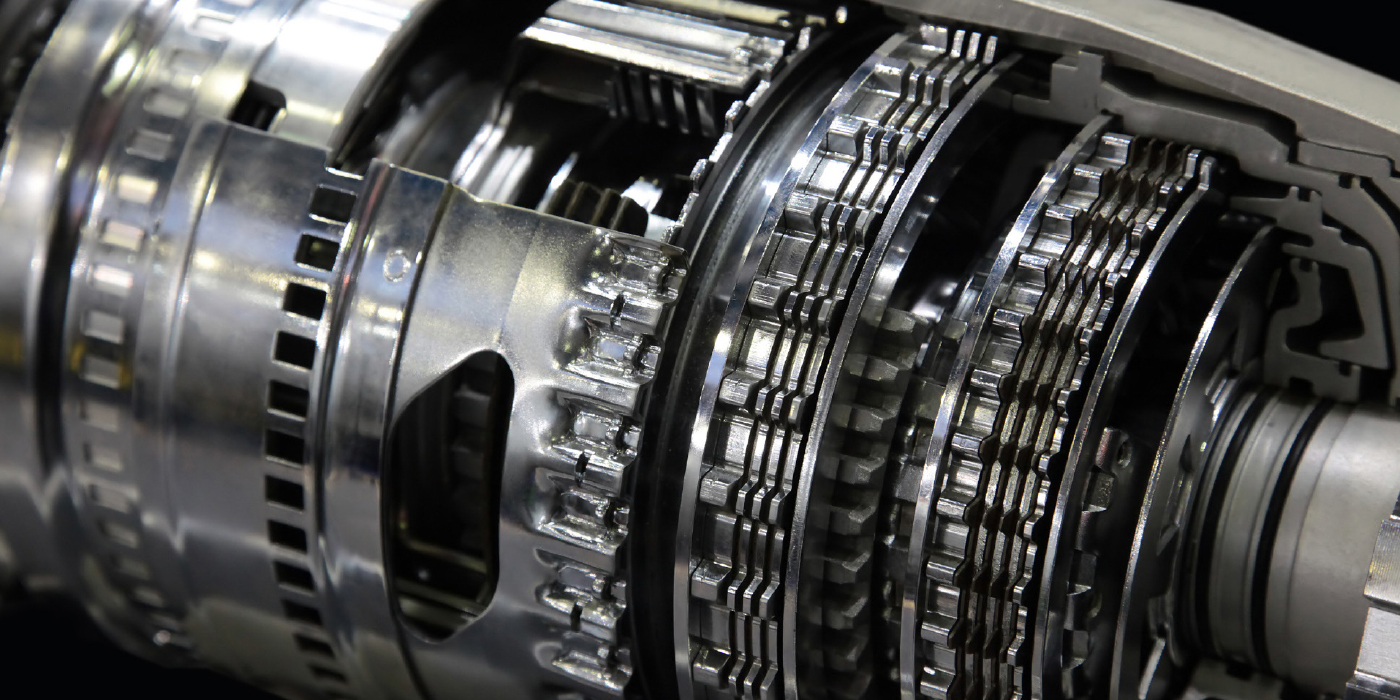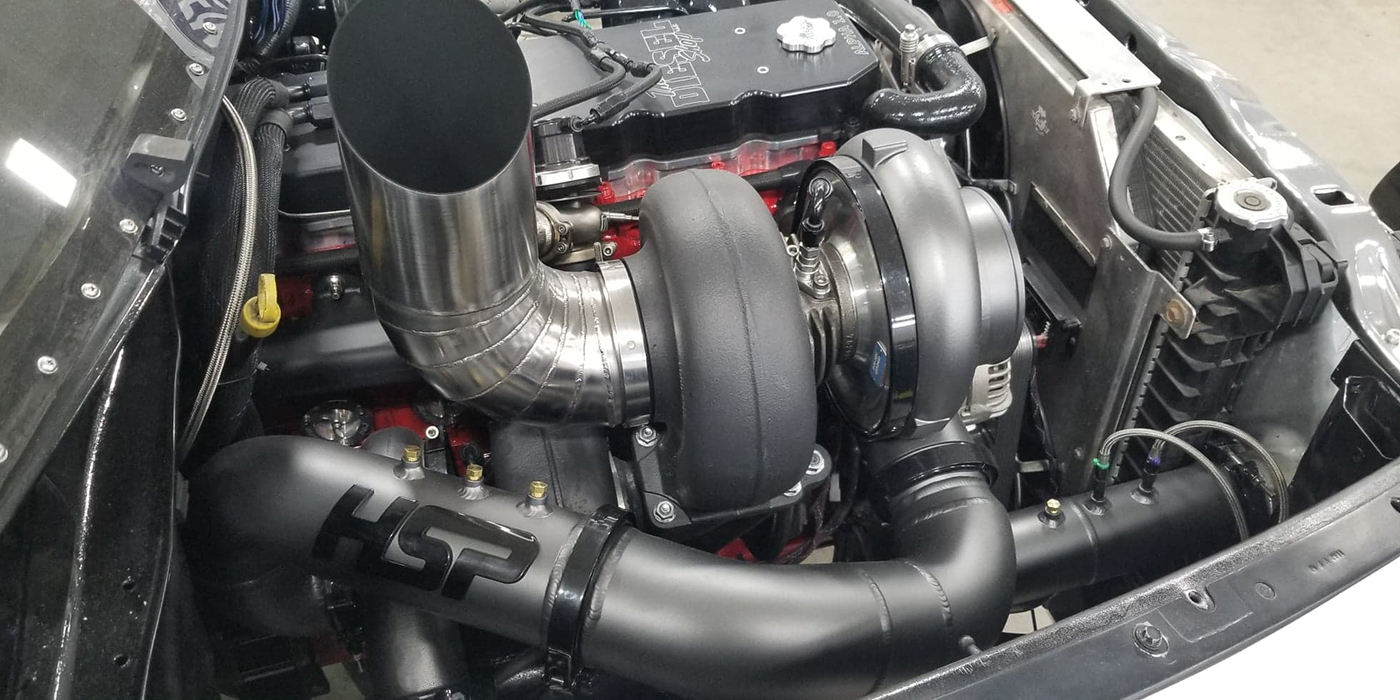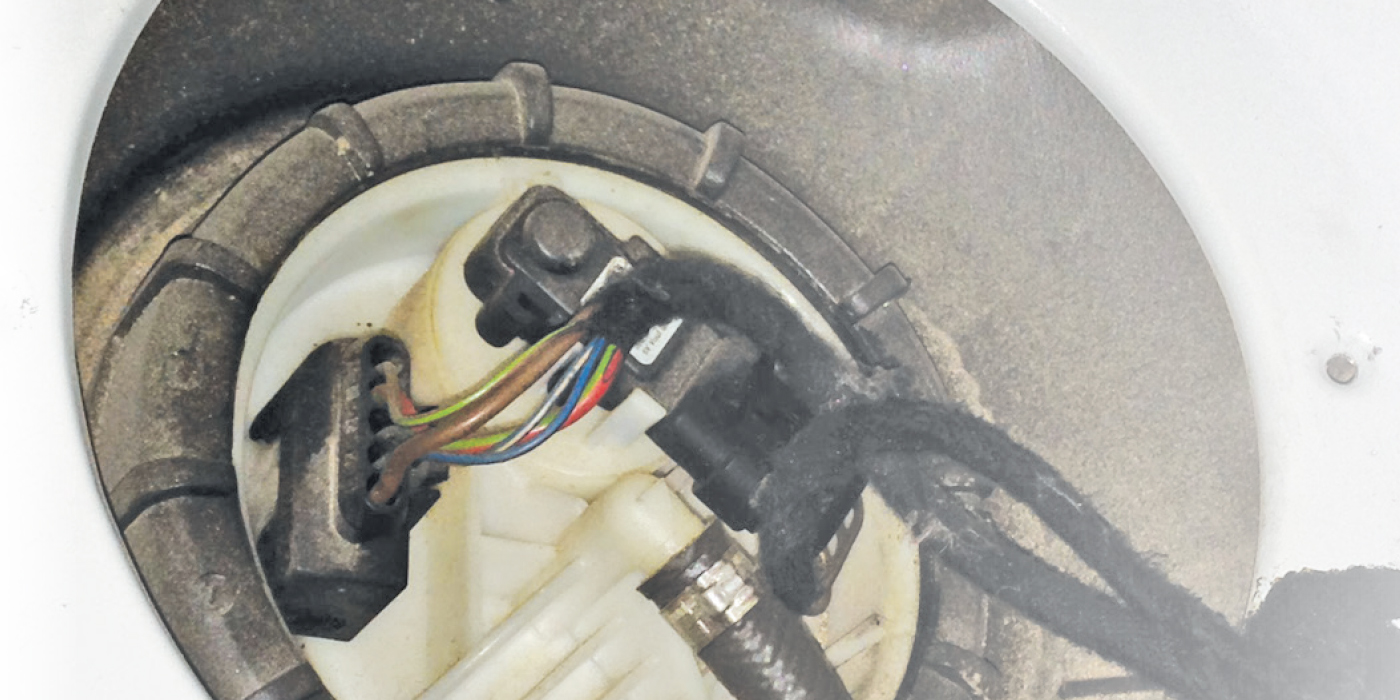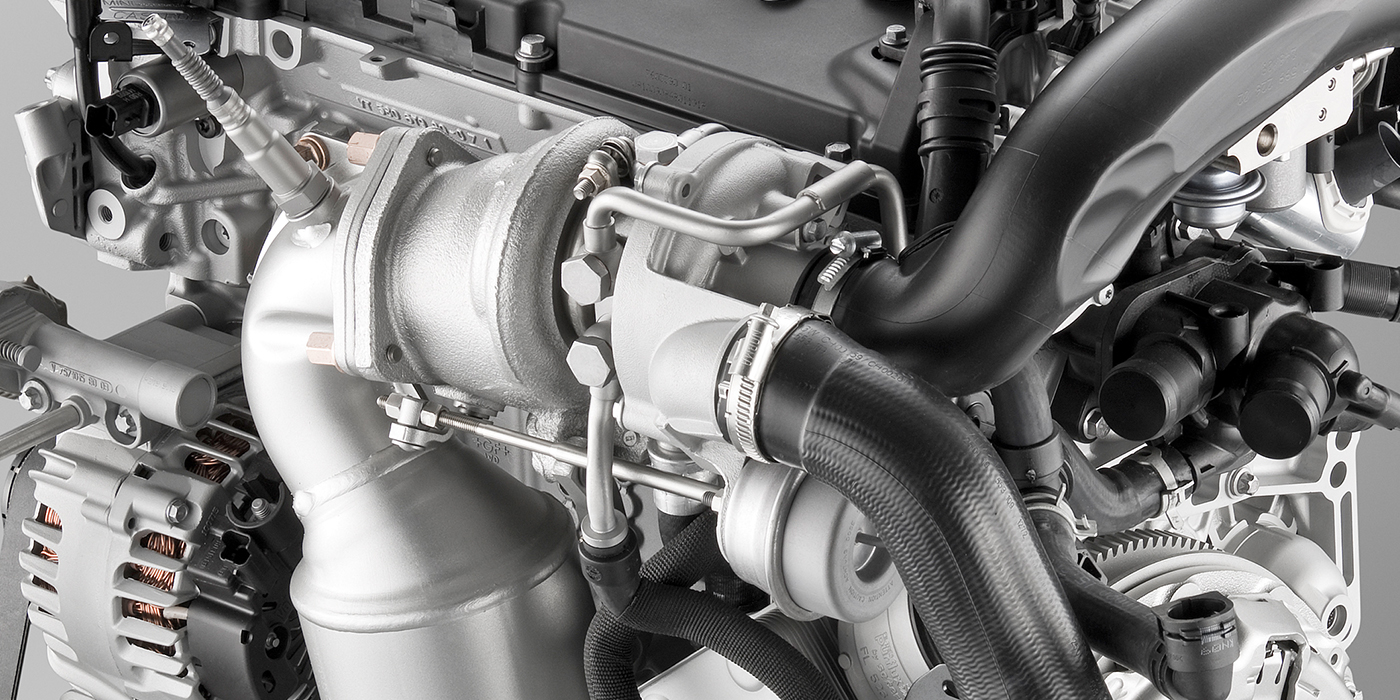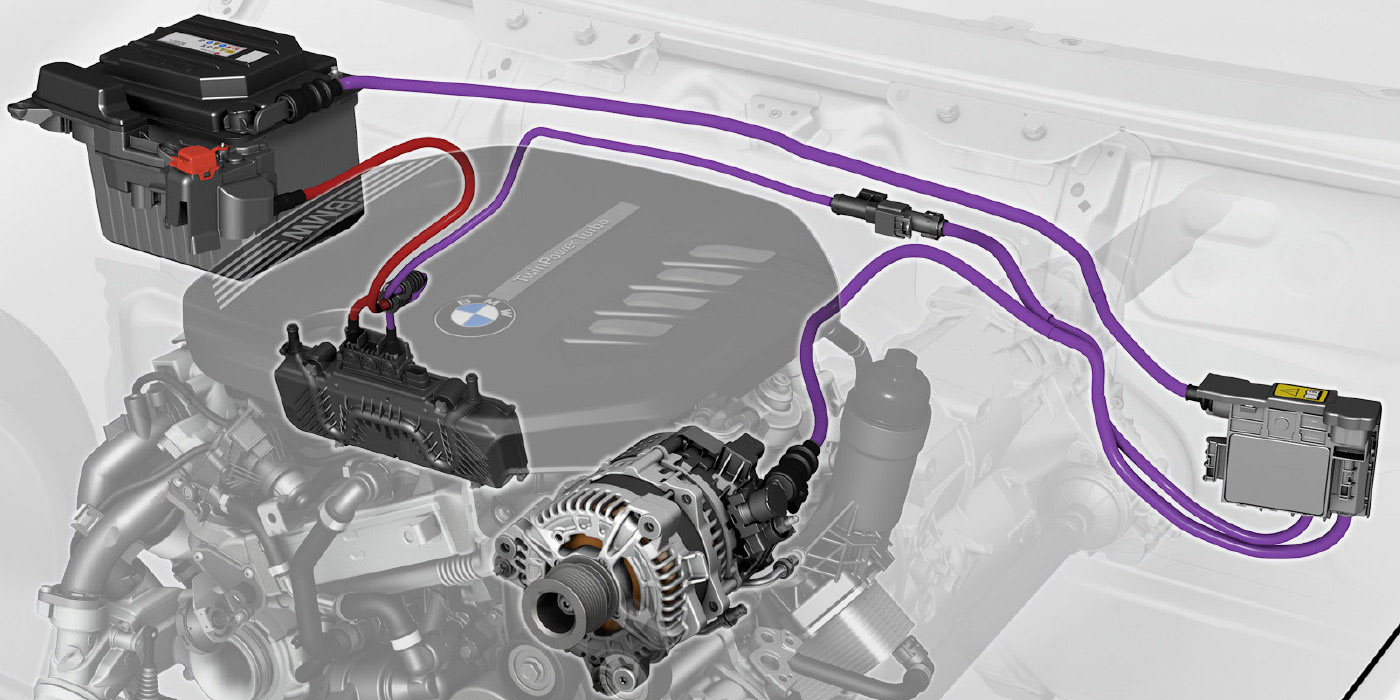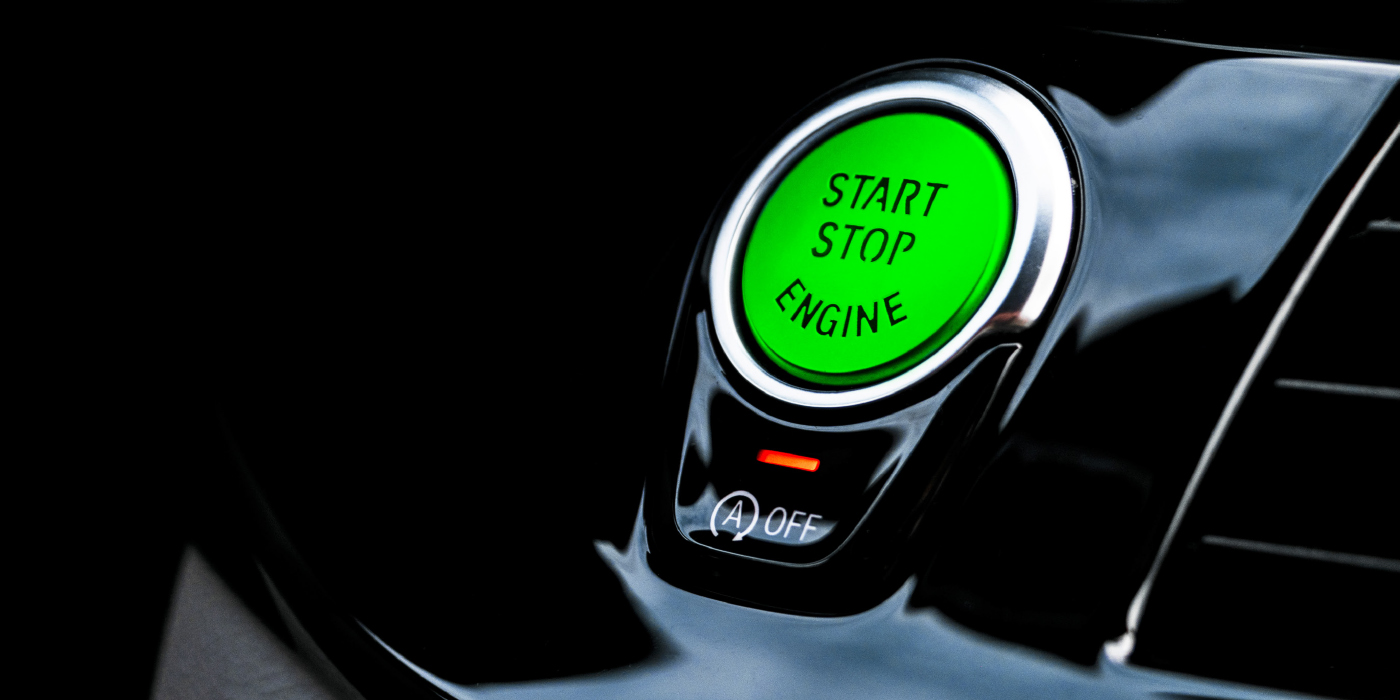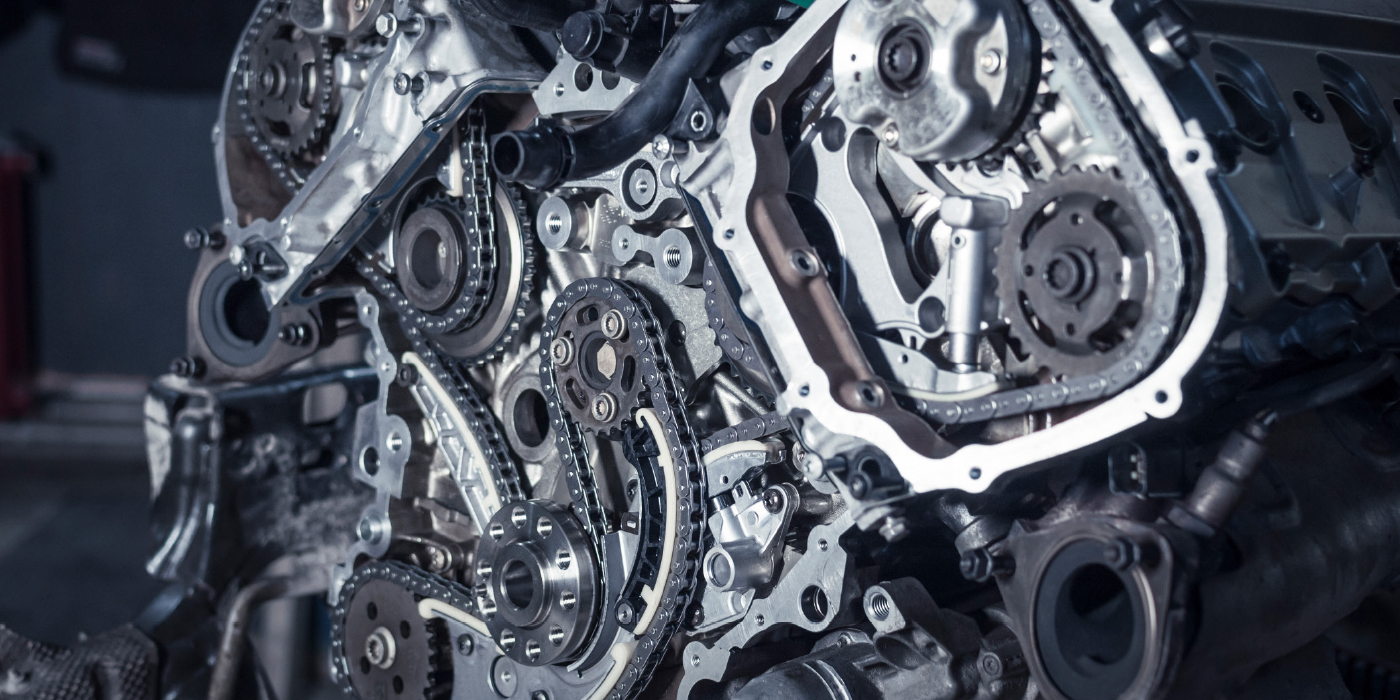In the past, a rusty metal fuel tank was often the main culprit behind a fuel filter plugging up. Steel fuel tanks were coated inside with a special “tern” plating to resist corrosion. Over time, the protective plating can wear away and expose the steel, making it vulnerable to corrosion.
Water in the fuel accelerates the process. As the steel rusts, the rust flakes loose, settles to the bottom of the tank and may be drawn into the fuel pump. The fuel pump pickup tube has a mesh filter sock on the end to prevent large particles from being sucked into the pump. This protects the pump, but particles that are smaller than the mesh screen will still pass right through. When they reach the fuel filter, the much finer filter media traps contaminants as small as 5 to 25 microns in size. This prevents the particles from reaching the fuel injectors (which have extremely close tolerances). The gunk builds up and eventually plugs the filter.
The fix is to drop the fuel tank, remove the fuel pump and inspect the inside of the tank. If it is full of rust, cleaning it is a waste of time. The fuel tank needs to be replaced.
With plastic fuel tanks, the main area contamination is the filler neck. The filler neck is always made of metal and grounded to the body. The neck can rust due to its location near the wheel well and road spray. If an owner does not replace the fuel cap, dirt can enter the tank.
Fuel filters can also become clogged with fuel varnish deposits, dirt and plastic residue. If a fuel tank that has never been filled with gasoline containing alcohol is filled with such fuel, the alcohol will act like a solvent and loosen all the accumulated fuel varnish, dirt and other gunk inside the tank. Alcohol is a great fuel system cleaner and will keep the fuel system clean, but that first dose may loosen so much gunk that it may plug up the filter. Most late-model vehicles are designed to safely run on gasoline blends containing up to 10 percent ethanol, and flexfuel vehicles can handle blends of up to 85 percent ethanol (E85). Gasoline/alcohol blends are common in the Midwest, but are not used as much in many other areas of the U.S. Consequently, if the fuel system has never seen alcohol, that first dose might cause a problem.
If a fuel tank contains dirt, it will eventually wind up in the filter. As with a rusty tank, the tank needs to be removed from the vehicle, opened up and inspected. If dirty, it can be steam cleaned, air-dried and returned to service.
On vehicles that have plastic fuel tanks, it’s not unusual for the plastic to start to deteriorate after 10 to 12 years of service. The gunk that flakes off the inside of the tank can also plug the filter. The fix is to replace the fuel filter and the fuel tank.

